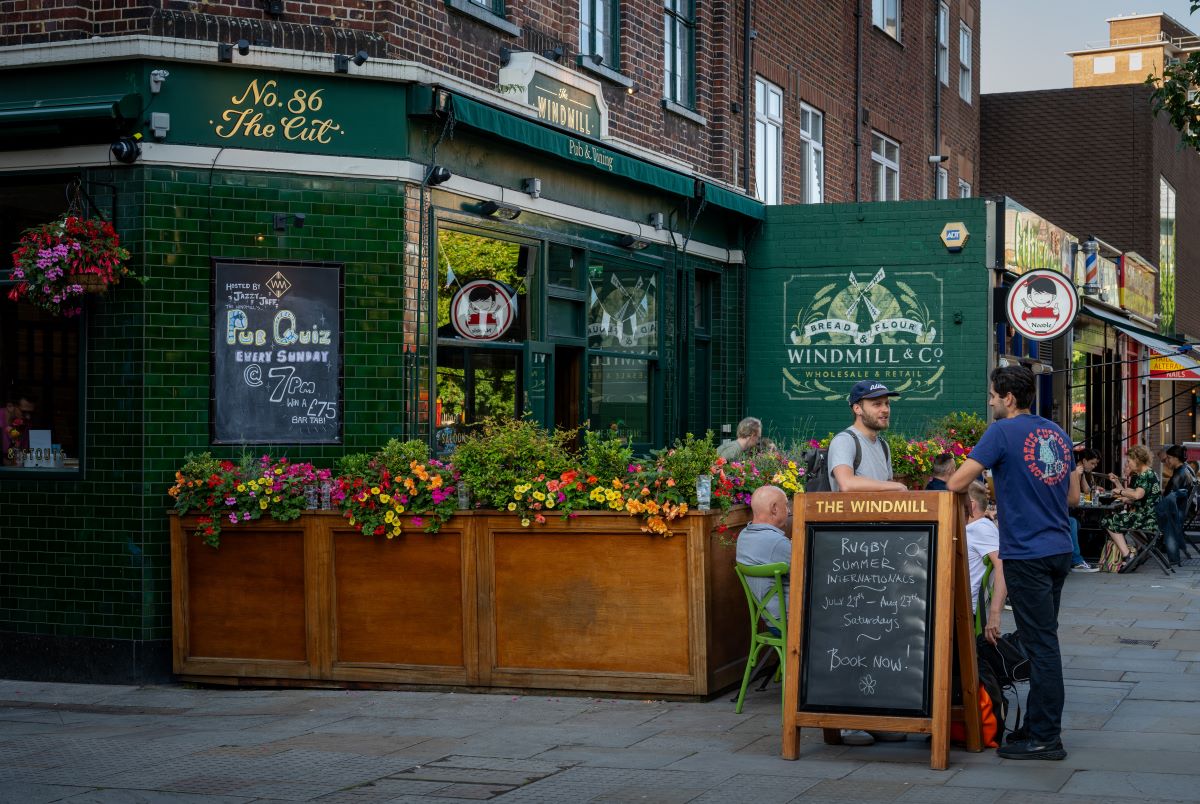Britain’s storied traditions, once the backbone of its cultural identity, are increasingly becoming relics of the past. As we drift towards a more globalised and digitalised society, it’s worth pondering whether we are trading more than just old habits — are we losing a piece of what made Britain uniquely British?
1. The House of Lords
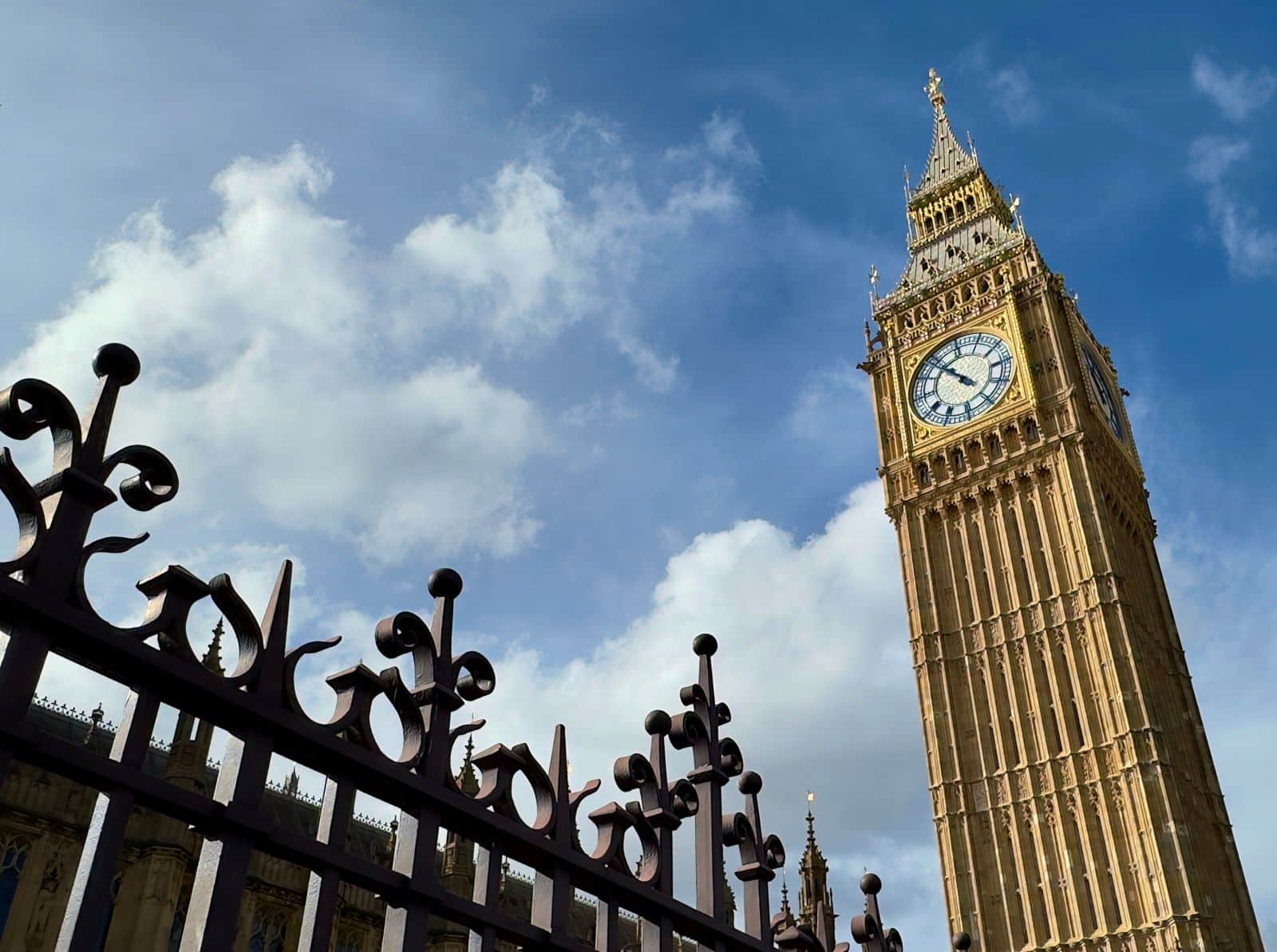
The House of Lords, a stalwart of British tradition and aristocratic privilege, is increasingly seen as an anachronism. Amid growing calls for democratic reform, its hereditary peers and unelected members are increasingly viewed as relics of a bygone era..
2. The Traditional Tea Break
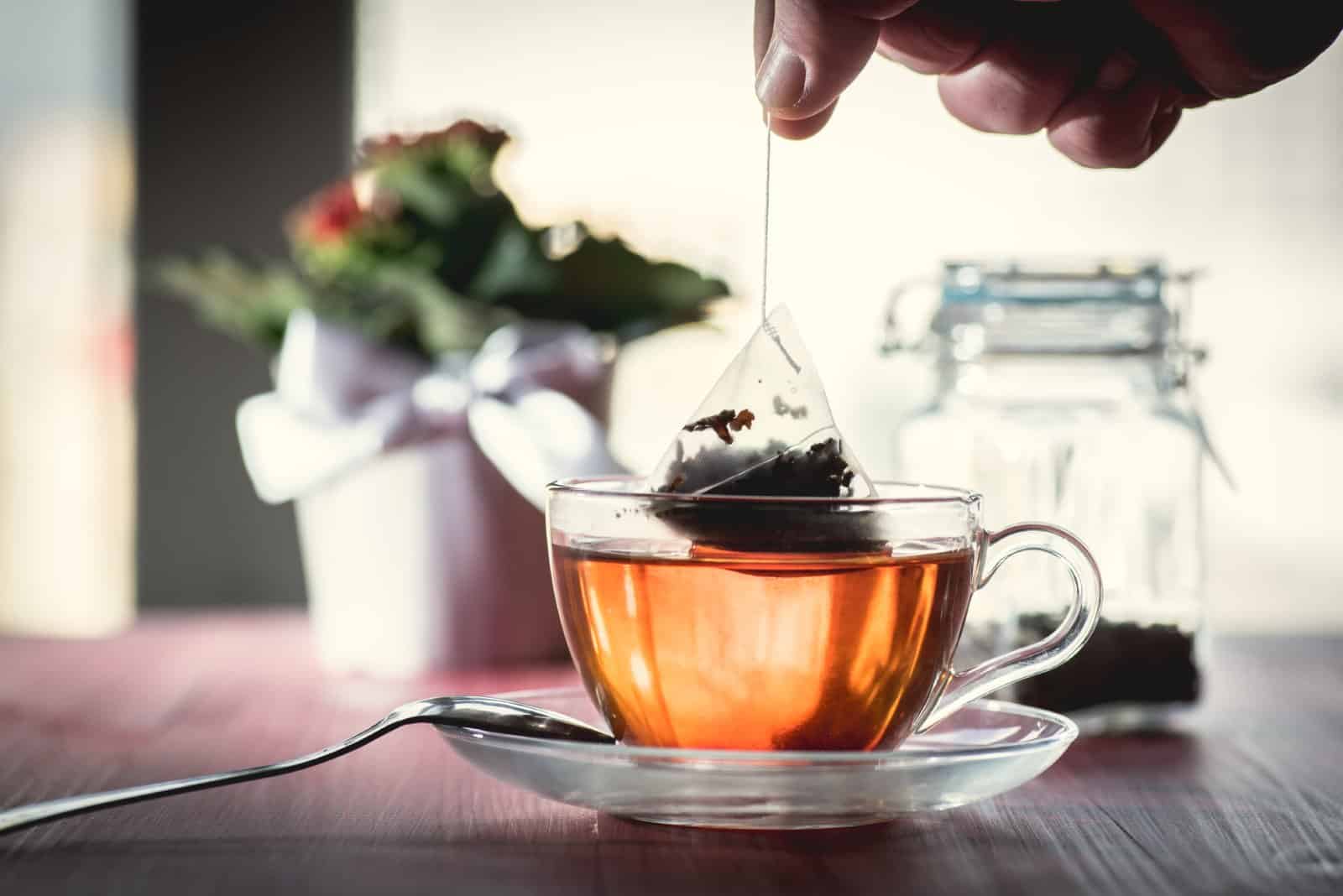
Once a sacred pause in the workday, the traditional tea break is rapidly disappearing from office culture. With the relentless pace of modern work and a shift towards a constant online presence, the classic cuppa is being sacrificed on the altar of productivity.
3. Pub Quiz Nights
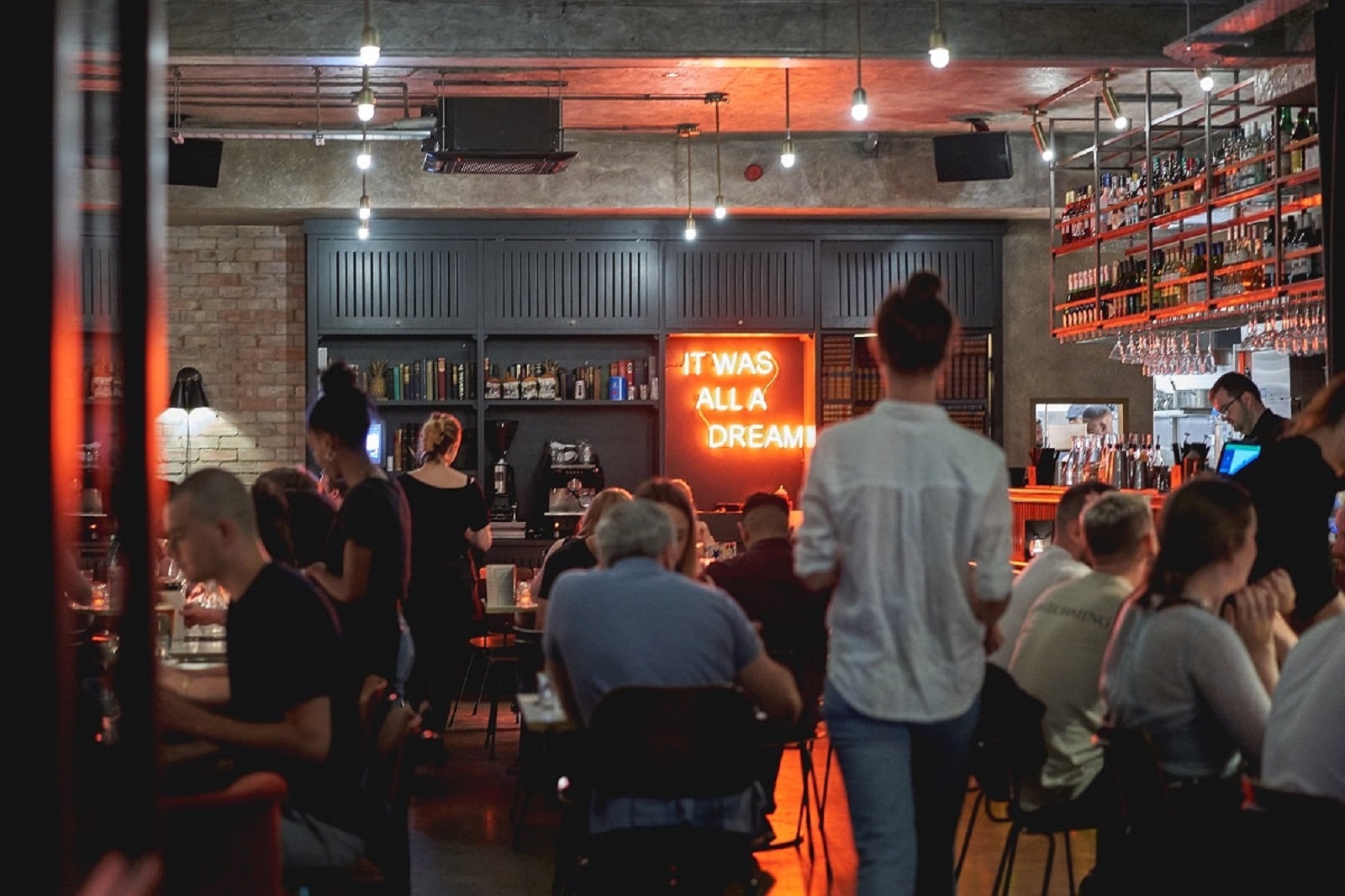
Pub quizzes, which once thrived as weekly intellectual exercises and social gatherings, are struggling to compete with the digital entertainment boom. The rise of online gaming and streaming services has led to a significant drop in pub quiz attendance.
4. High Street Shopping
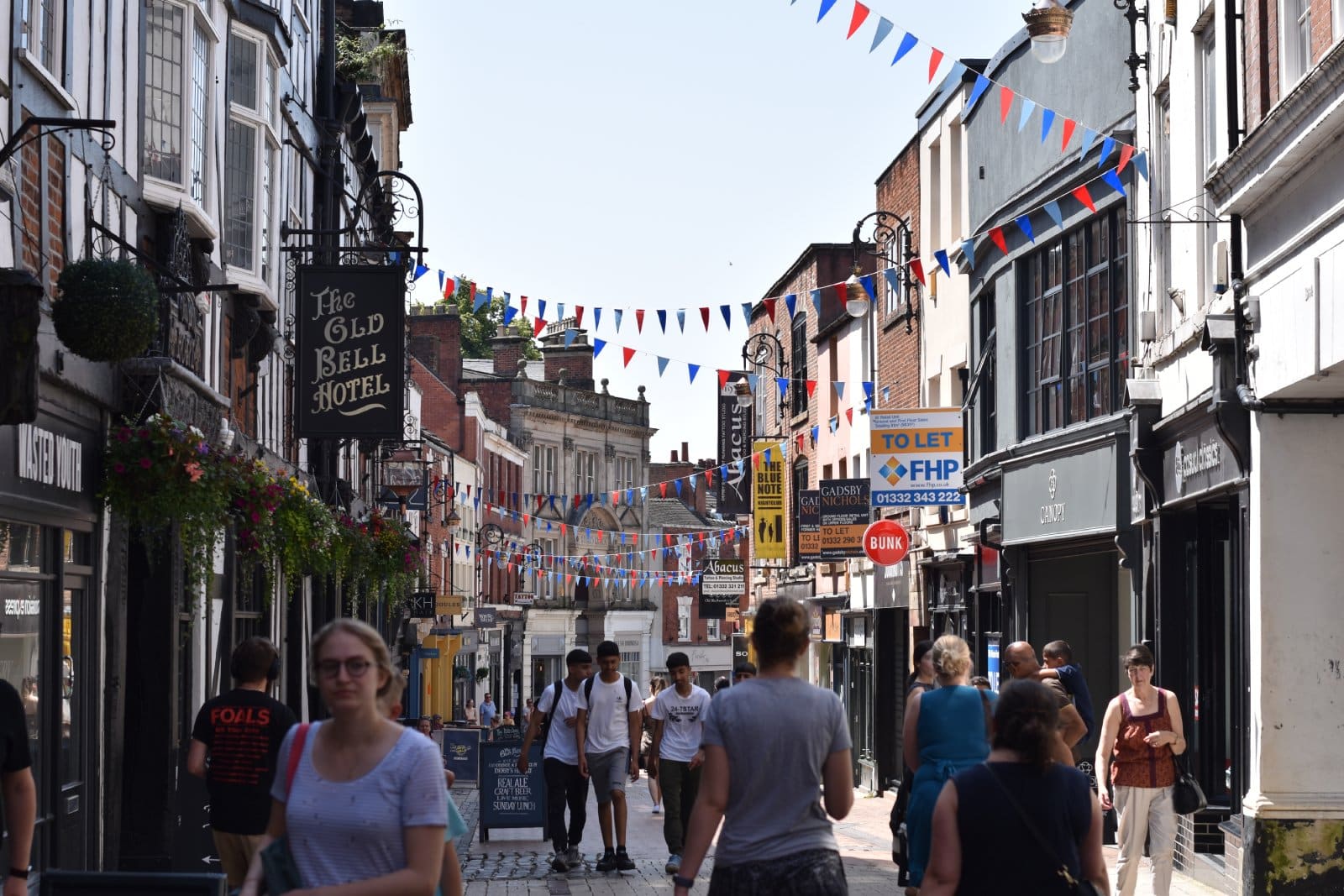
The quintessential British high street, once teeming with independent shops and local grocers, is being swallowed by the rise of e-commerce giants. As shopping habits shift online, high streets across the country are left deserted and forlorn.
5. Sunday Roasts
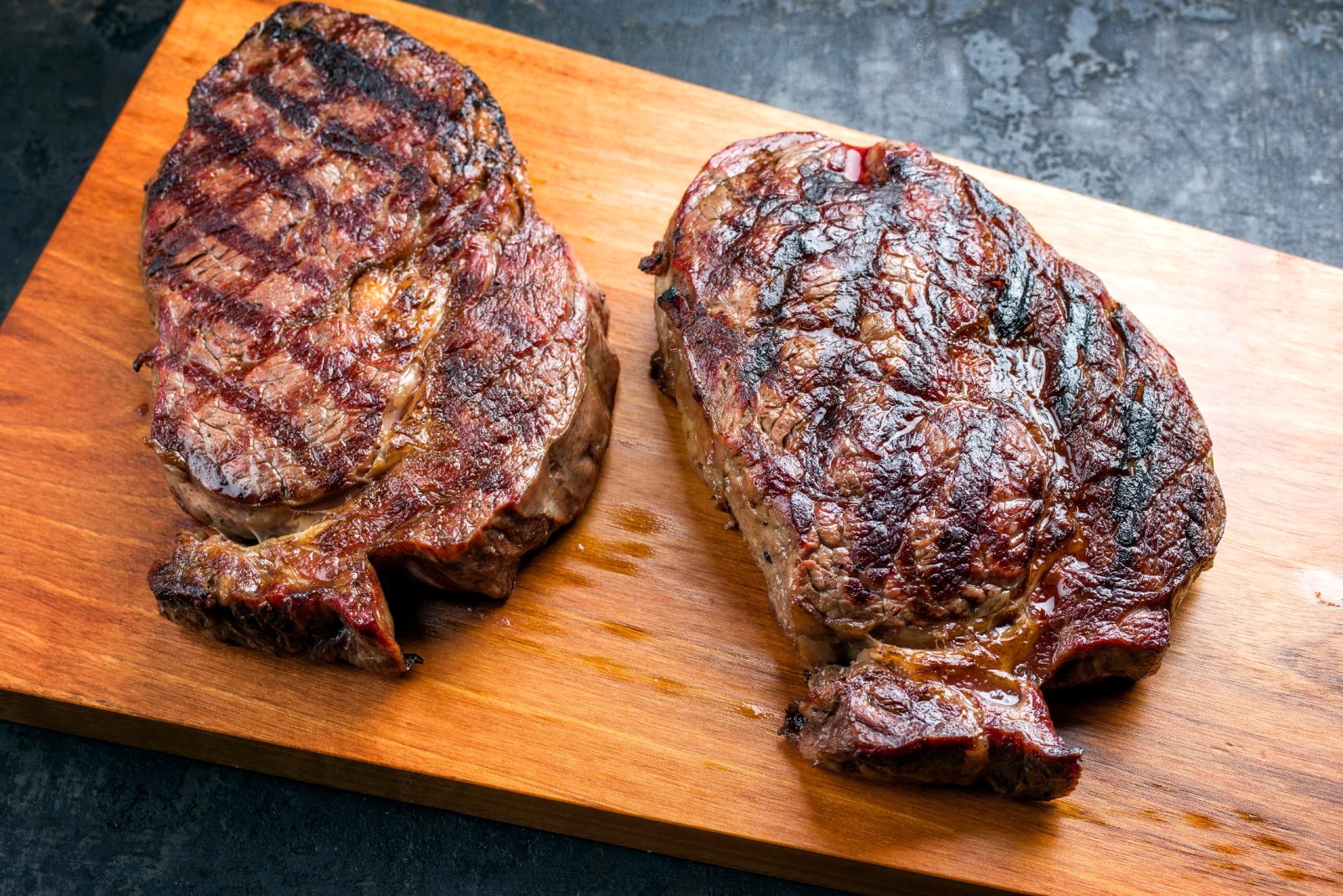
The Sunday roast, a cherished weekly tradition, is increasingly becoming an occasional indulgence rather than a regular family event. Busy schedules and the convenience of ready meals have pushed this once-sacred ritual to the periphery.
6. Royal Ascot Attire

The flamboyant fashion of Royal Ascot, with its extravagant hats and tailcoats, is being overtaken by more relaxed dress codes. What was once a showcase of sartorial splendour is now increasingly overshadowed by casual, yet equally uninspiring, attire.
7. The Village Fête
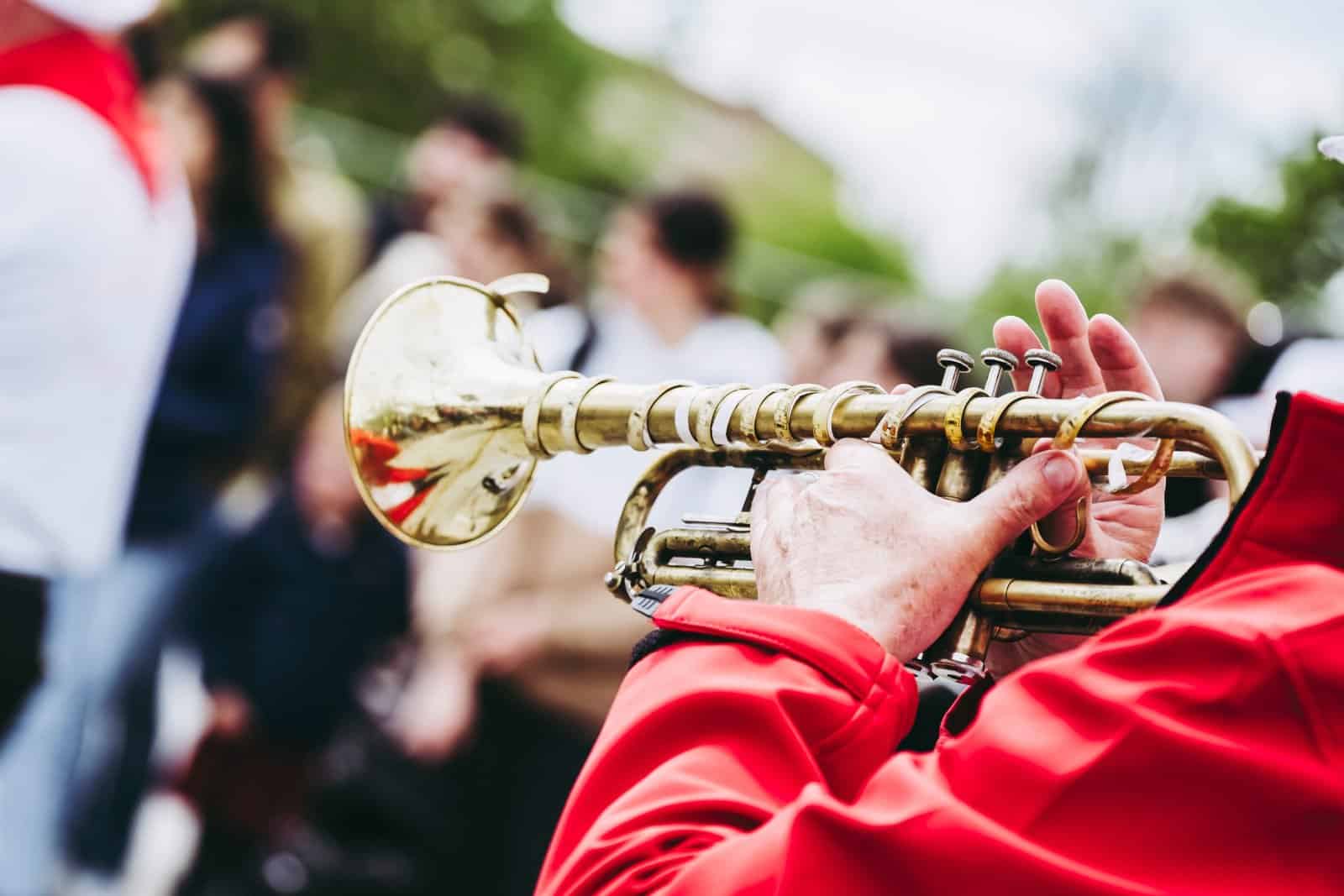
Village fêtes, once central to local community life with their homemade jams and traditional games, are fading into obscurity. As communities become more urbanised and digitalised, these quaint gatherings are increasingly rare.
8. British Seaside Holidays
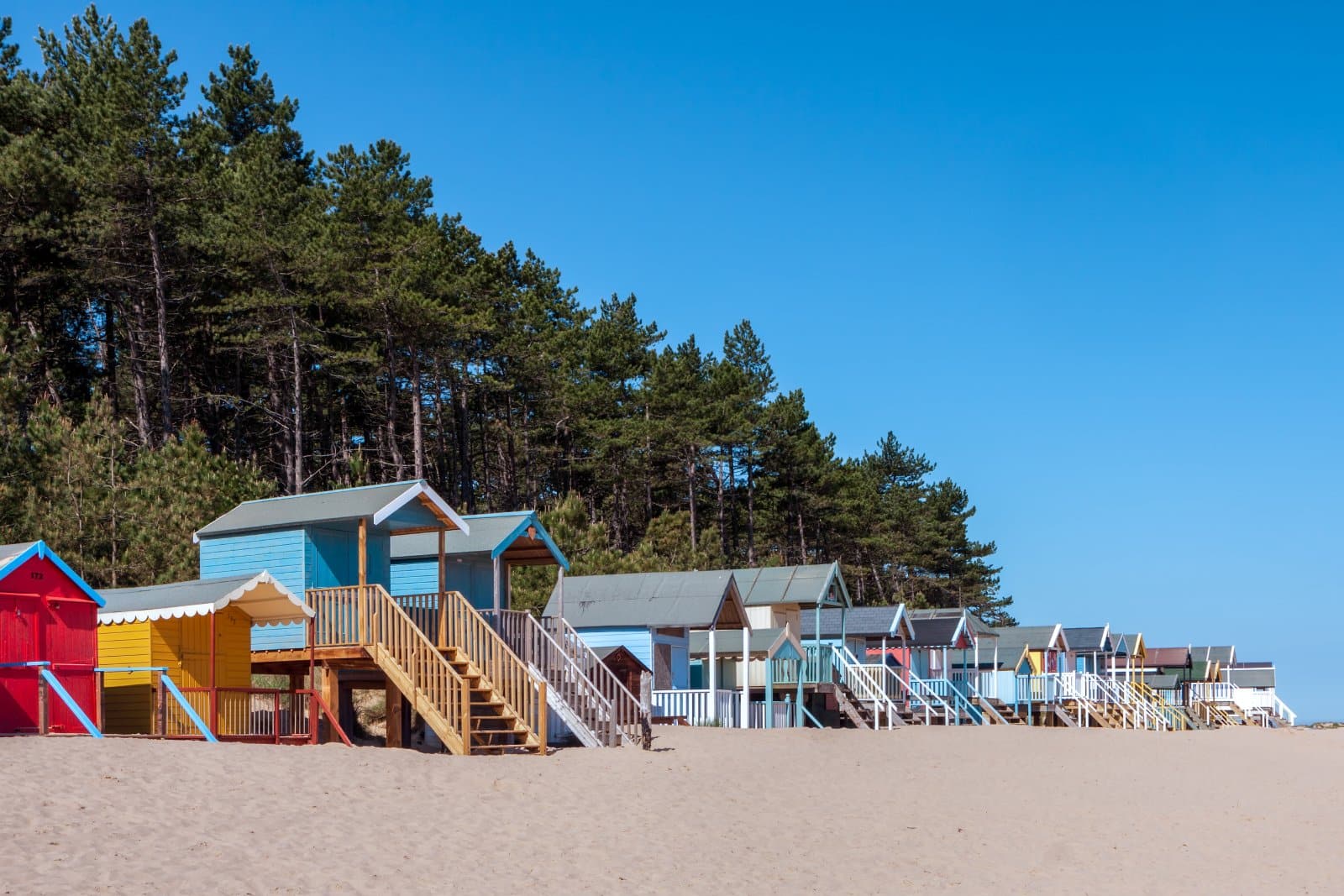
Traditional British seaside holidays are in decline as the lure of affordable European destinations grows stronger. The nostalgic charm of the British coast is losing out to the appeal of sunnier, more cost-effective foreign locales.
9. The Archers

BBC Radio 4’s “The Archers,” a staple of British broadcasting, is losing its audience to the fast-paced world of digital media. The slow-moving rural drama is struggling to attract younger listeners who favour more immediate forms of entertainment.
10. Formal Dinner Parties

Formal British dinner parties, once a hallmark of sophisticated socialising, are being replaced by more casual dining experiences. The once-ritualistic multi-course meals are increasingly substituted with relaxed gatherings and takeaways.
11. Post Office Queues

The traditional queue at the local post office, once a familiar sight, is fading away as more services move online. The decline of physical post offices mirrors the broader trend of digitisation and convenience.
12. Morris Dancing
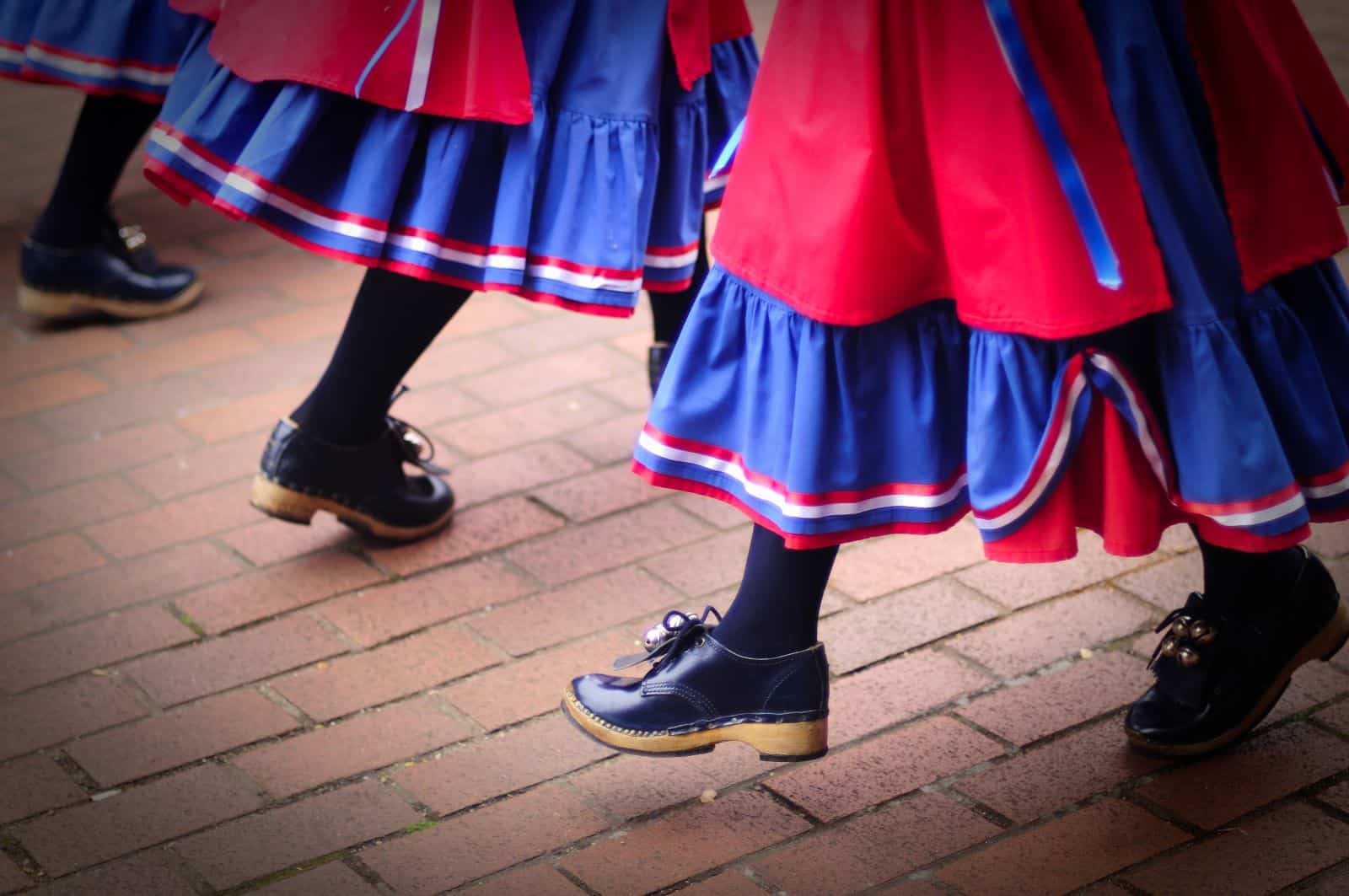
Morris dancing, with its traditional costumes and jingly bells, is struggling to attract new enthusiasts. The folk tradition, once a vibrant part of British culture, is now a niche interest.
13. The British Seaside Punch and Judy Show
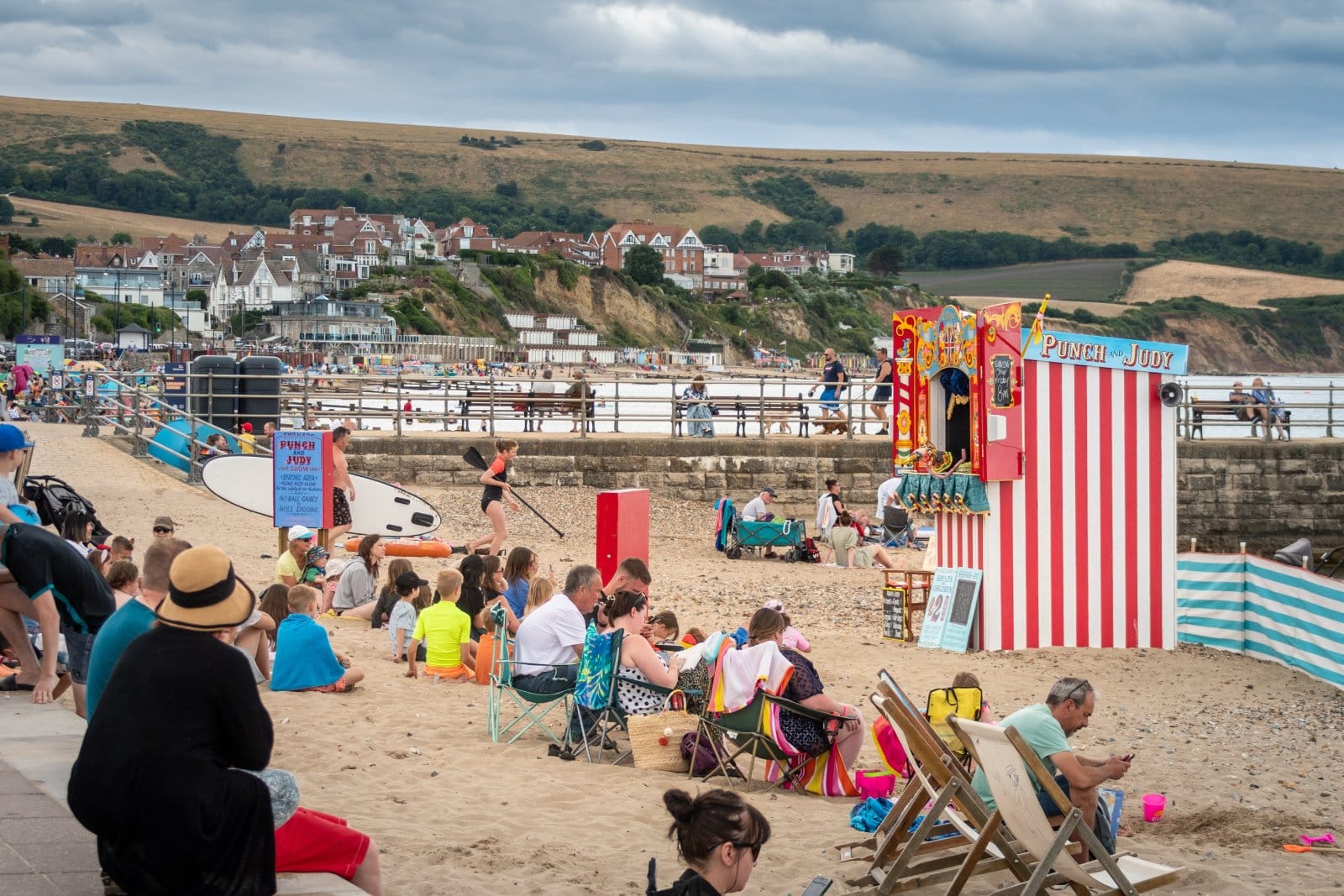
Punch and Judy show, which once delighted seaside visitors with their slapstick antics, are becoming a rare sight. Modern entertainment options and changing tastes have relegated these puppet performances to the margins.
14. The Radio Today

Traditional British radio, once a vibrant mix of local and national stations, is being overshadowed by streaming services. The radio dial’s rich diversity is being drowned out by the uniformity of digital playlists.
15. The Christmas Pantomime

The Christmas pantomime, with its over-the-top performances and audience participation, is finding itself sidelined by the streaming revolution. The elaborate and often outdated productions are increasingly losing ground to modern holiday entertainment..
16. Traditional British Sweets
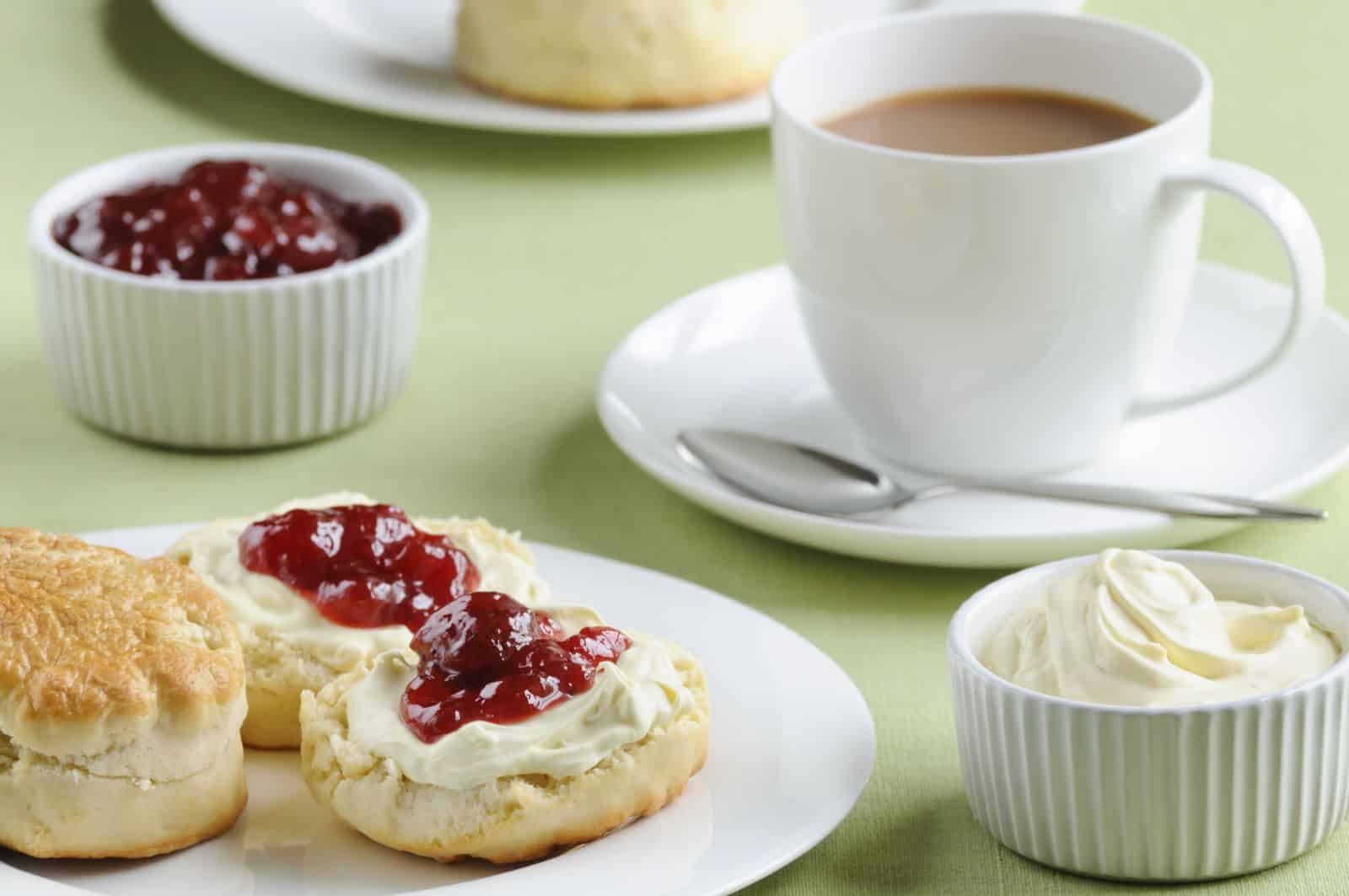
Classic British sweets like Black Jacks and Liquorice Allsorts are being overshadowed by international candy. The once-beloved confections are now relics, eclipsed by global sweet treats.
17. Post-War Housing Estates

Post-war housing estates, once symbols of optimism and community spirit, are increasingly replaced by modern housing developments. The uniformity and character of these estates are giving way to newer, more varied architectural styles.
18. School Uniforms
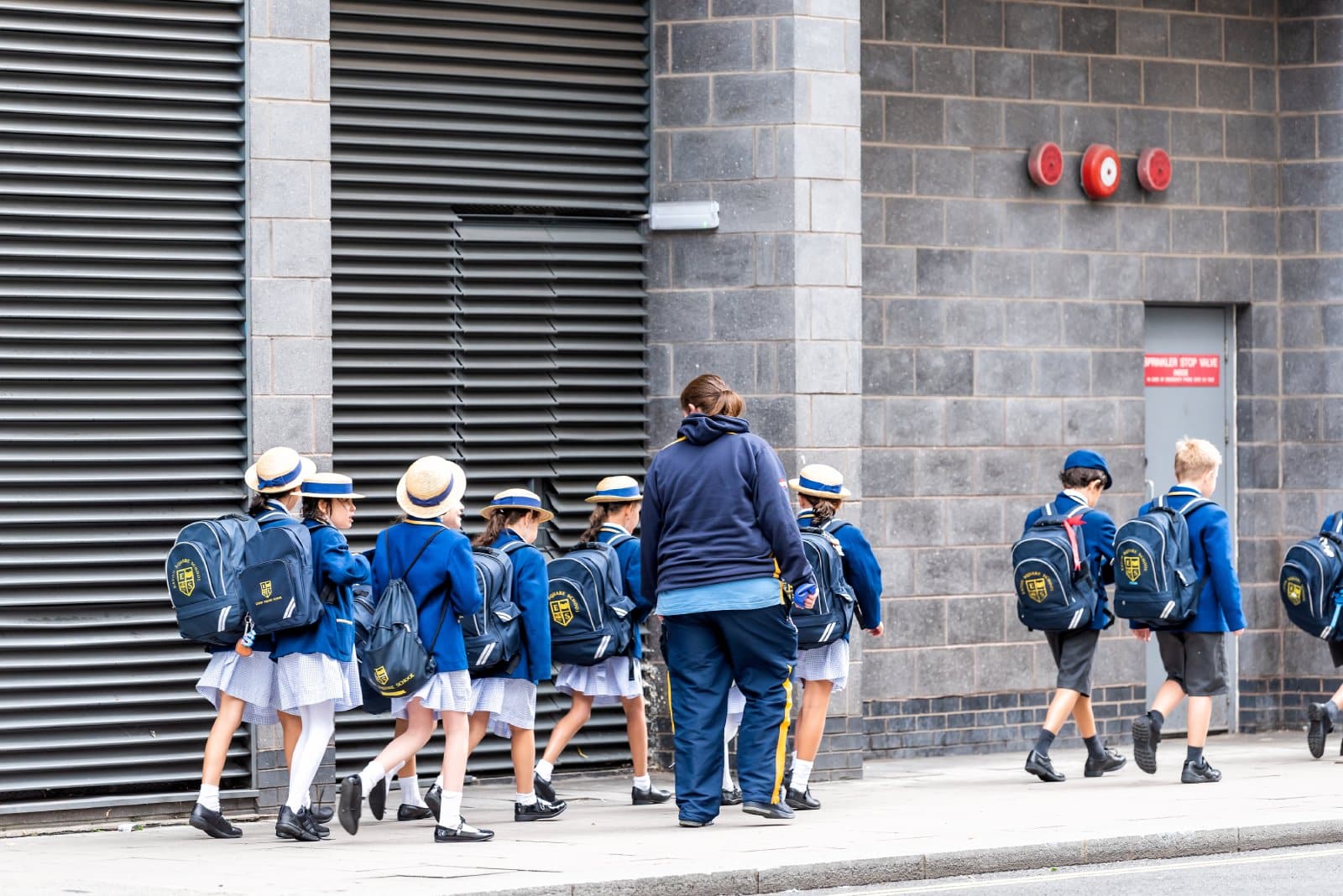
The traditional British school uniform, with its blazers and caps, is being replaced by more relaxed dress codes. The strict sartorial standards of yesteryear are increasingly seen as outdated in the more casual educational environment.
19. The Local Butcher
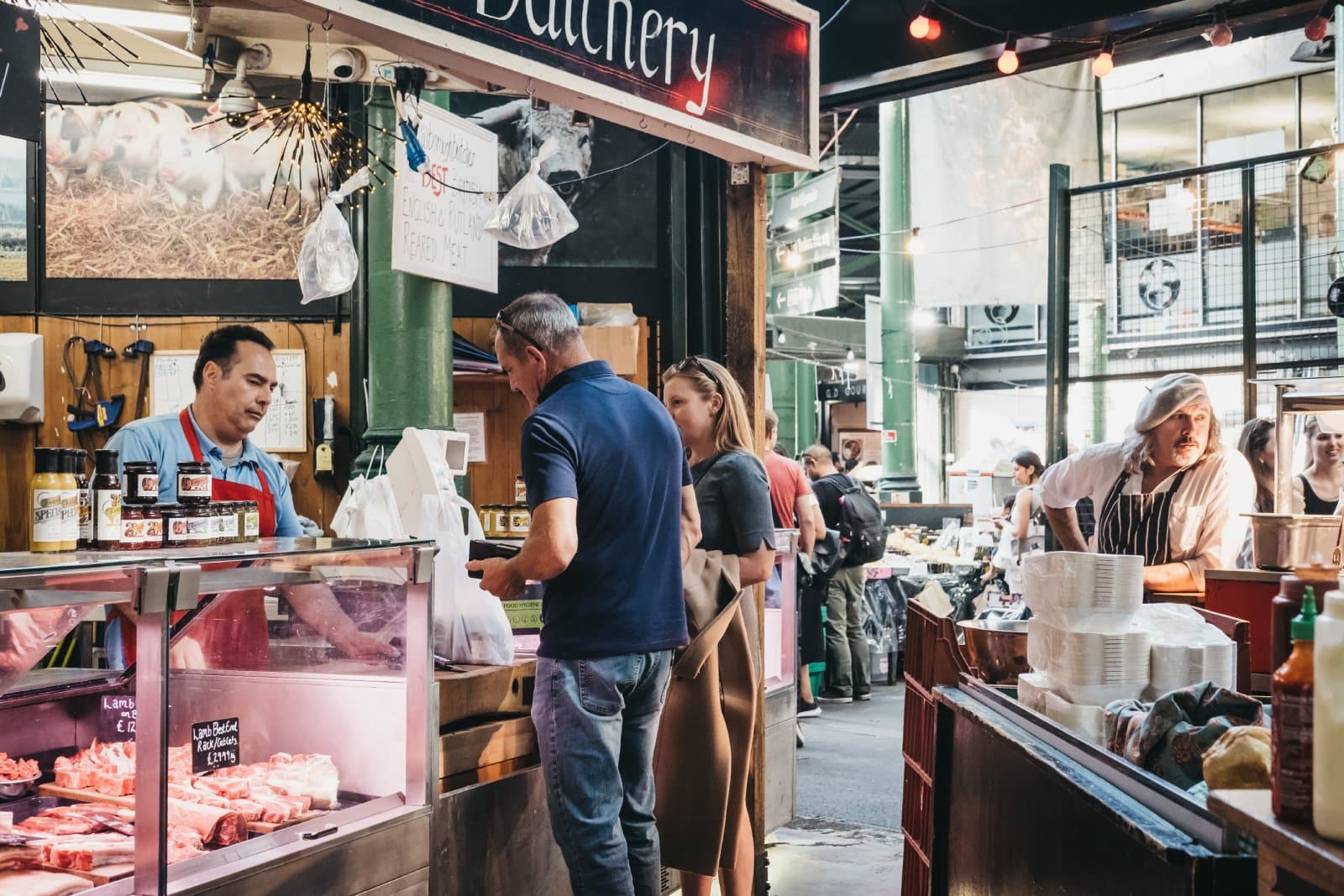
The local butcher, with its bespoke cuts and personal service, is fading as supermarkets offer more convenience. The personal touch of local butchers is being lost to the impersonal efficiency of supermarket meat counters.
The Traditions We’ve Left Behind
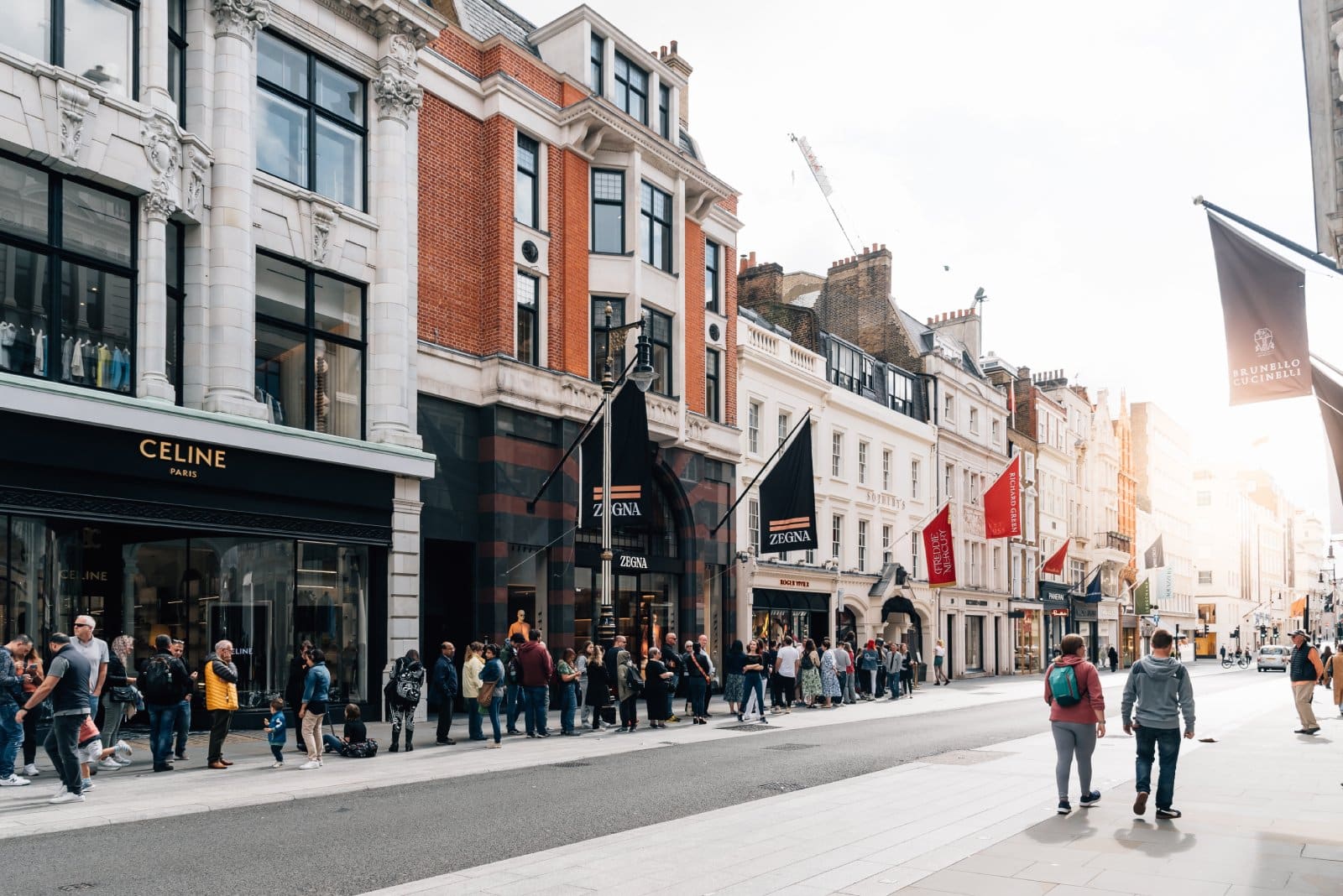
As Britain trades its traditions for convenience and modernity, it’s hard not to feel a pang of nostalgia for a time when these customs were the fabric of daily life. What once defined us is now relegated to the history books — or at least the past chapter of our lives.
Featured Image Credit: Shutterstock / Jono Photography.
For transparency, this content was partly developed with AI assistance and carefully curated by an experienced editor to be informative and ensure accuracy.
The images used are for illustrative purposes only and may not represent the actual people or places mentioned in the article.

